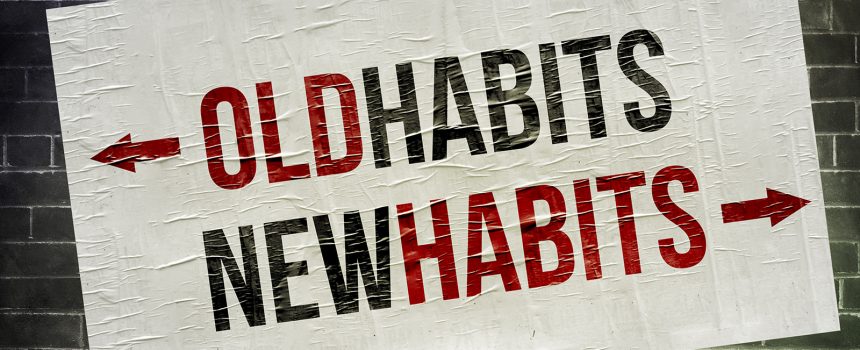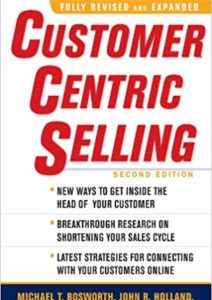How many times, after a three, six or twelve month sell cycle, have you lost a sale that’s critical to making your number for the quarter? When do you think you knew, in your heart of hearts, that you never had a real chance at winning the business? Was it after one meeting? Five? Fifteen? More importantly, why didn’t you just flush the deal once you realized you couldn’t win?
The worst thing a salesperson can do is “go the distance” and lose the business anyway. In the twelve months you spent “competing” to stay busy, how many real opportunities walked right past you?
When you do the forensic examination of a lost opportunity, I believe the cause of the loss almost always comes down to one word – qualification. Something wasn’t qualified effectively as part of the sales campaign.
Many salespeople believe that qualification is a one-time event, but it is not. Qualification is not “binary” – it’s an ongoing process.
Many organizations, when attempting to define sales stages or grading milestone, will often have a step in the process labeled “qualified”. They treat it as a binary event – it’s either a 0 or a 1, on or off. I see qualification quite differently.
Unless you are in a highly transactional, commoditized sale, qualification is a continuum, not a binary event. In other words, with a clearly defined sales process, as an opportunity progresses, it should become better and better qualified.
Some qualifying questions you can use to assess the progression of an opportunity include:
• Will the person I initially make contact with, whether it be proactive or reactive, share with me the business issues or goals driving their interest?
• If so, will that individual then invest the time to help me understand their current business environment and what they feel needs to change moving forward?
• Will he or she then help me get access to other Key Players in the organization (i.e. do I have a Champion)?
• Once I get access to other Key Players, will they go through the same exercise with me?
• Finally, and this is the watershed qualification event, will the buying committee allow me to participate in the shaping and documentation of the steps necessary to complete a true evaluation of my products and services?
If the answer is “no” at any of these steps, you have a quality of life decision to make. Remember that bad news early is good news.
In fact, as we teach in our workshops, there are six (6) key qualifiers in any given opportunity:
• Goal/Problem/Need: Is there an identifiable, quantifiable business goal, business problem or business need? If the salesperson cannot articulate what the business driver of an opportunity is, chances are they don’t really have an opportunity in the first place.
• Vision of a solution: Does the prospect believe that the capabilities your company offers will help them achieve the goal, solve the problem or satisfy the need? Can the salesperson not only explain the capabilities the prospect requires, but have they documented them, in writing, back to the prospect to confirm accuracy?
• Value: Has the salesperson identified and quantified the business metrics associated with the prospect’s current environment and created a cost/benefit analysis to help the prospect understand the value of moving forward?
• Champion: Is there one or more people in the prospect organization that is doing the selling for you when you’re not there and helping you get to the right people when you are there?
• Key Players: Has the salesperson proactively engaged with other key people within the prospect organization to get their perspective on the issues and ideally, created some vision with them as well?
• Implementation Solution: Has the salesperson, as part of the sales campaign, proactively identified and sought out the people who will be responsible for implementing your offering? In many cases, salespeople wait until the line of business people say “yes” before they engage with the people who are actually going to have to live with it and make it work on a daily basis. If those individuals don’t have a clear understanding of how they are going to get successfully implemented, given everything else they already have on their plate, they will often derail an initiative at the last minute due to resource constraints, lack of training in a specific area, etc.
No one likes bad news, but I’d rather find out today that I’m not getting a piece of business in six months rather than going the entire six months to find out exactly the same thing. How about you?












Comments